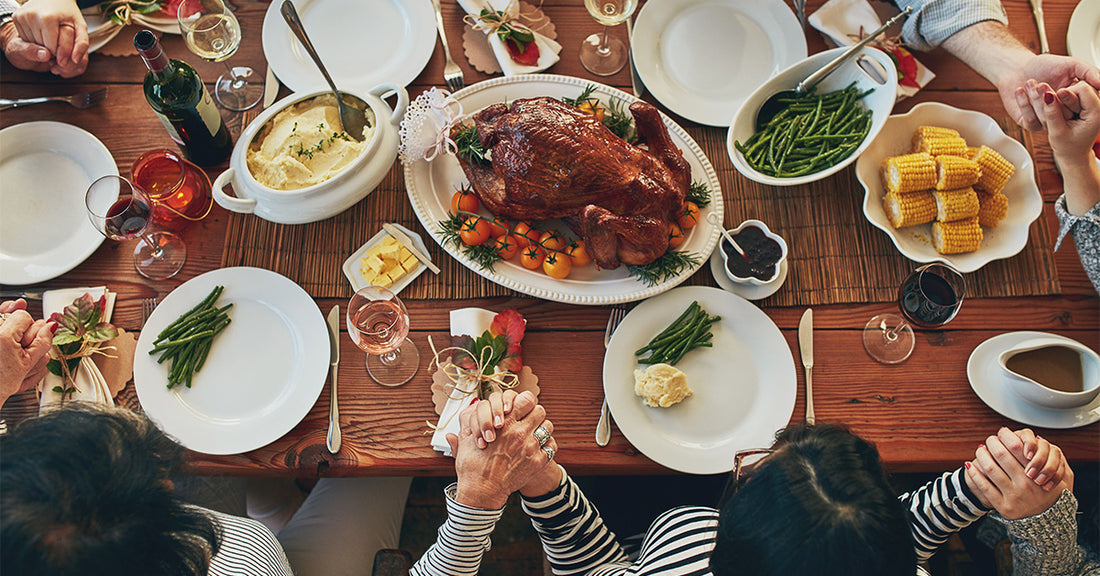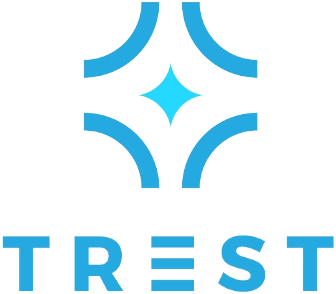
Post-Thanksgiving Care: Tips for Managing Incontinence After the Holiday Feasting
Share
The Thanksgiving holiday is a time for gathering with loved ones, sharing delicious meals, and reflecting on what we are grateful for. However, for individuals managing adult incontinence, the feasting and festivities can present unique challenges. After indulging in rich foods and drinks, it’s essential to prioritize self-care and incontinence management to ensure comfort and confidence as you transition back to your routine. In this blog, we’ll explore practical tips for managing incontinence after the holiday festivities, including hydration strategies, dietary adjustments, and comfort measures.
Understanding the Impact of Holiday Meals on Incontinence
Rich holiday meals can impact bowel and bladder function, especially for those dealing with adult incontinence. High-fat, high-sugar, and spicy foods may trigger discomfort or exacerbate incontinence symptoms. Additionally, increased fluid intake during gatherings can lead to more frequent bathroom visits, making it crucial to manage these factors effectively.
By understanding how holiday meals affect your body, you can take proactive steps to minimize discomfort and maintain control after the festivities.
1. Hydration: The Key to Recovery
While it may seem counterintuitive to focus on hydration after a heavy holiday meal, maintaining proper fluid intake is vital for overall health. Dehydration can lead to concentrated urine, which may irritate the bladder and exacerbate incontinence symptoms. Here’s how to manage your hydration effectively:
- Drink Water: Aim to consume plenty of water in the days following Thanksgiving. This will help flush out excess sodium from festive meals and keep urine dilute. Consider carrying a reusable water bottle to remind yourself to drink throughout the day.
- Avoid Caffeine and Alcohol: Caffeinated beverages and alcohol can irritate the bladder, leading to increased urgency and frequency. After a holiday filled with these drinks, try to limit their intake as your body recovers. Instead, opt for herbal teas or flavored water to keep hydrated without the potential side effects.
- Incorporate Hydrating Foods: Include fruits and vegetables with high water content in your diet, such as cucumbers, watermelon, and oranges. These foods not only help with hydration but also provide essential nutrients that support overall health.
2. Dietary Adjustments for Comfort
In the wake of a heavy Thanksgiving feast, it’s wise to adjust your diet to support your body’s recovery and manage incontinence. Consider the following dietary tips:
- Choose Fiber-Rich Foods: After indulging in rich, heavy foods, focus on incorporating fiber into your meals. Foods high in fiber, such as whole grains, legumes, fruits, and vegetables, can help regulate bowel movements and prevent constipation, which may contribute to incontinence. Aim for a variety of colors and types to maximize nutrient intake.
- Monitor Trigger Foods: Some foods can irritate the bladder or lead to increased urgency. Common triggers include citrus fruits, tomatoes, spicy foods, and artificial sweeteners. Pay attention to how your body reacts to different foods and adjust your diet accordingly. Keeping a food diary can help identify which foods may worsen your symptoms.
- Eat Smaller, Balanced Meals: Rather than returning to large meals, try eating smaller, more frequent meals that include a balance of protein, healthy fats, and carbohydrates. This can help manage digestive health and minimize the risk of discomfort. Pairing lean proteins with complex carbohydrates can keep you satisfied and maintain energy levels throughout the day.
3. Comfort Measures for Managing Incontinence
Following the busy holiday season, it’s important to prioritize comfort as you ease back into your regular routine. Here are some comfort measures to consider:
- Wear Comfortable Clothing: Opt for loose-fitting, breathable clothing that allows for easy movement and comfort. This can help you feel more relaxed and at ease, especially if you’re still feeling the effects of the holiday feast. Consider layering to adjust to changing temperatures throughout the day.
- Use Adult Incontinence Products: If you’re managing adult incontinence, ensure you have access to high-quality incontinence products. Adult diapers or protective underwear designed for absorbency and comfort can help you feel secure and confident during your daily activities. Look for products with features such as odor control and moisture-wicking fabrics to enhance comfort.
- Practice Relaxation Techniques: Stress can exacerbate incontinence symptoms, so take time for self-care. Engage in relaxation techniques such as deep breathing, meditation, or gentle yoga to help reduce stress and promote a sense of calm. Incorporating mindfulness practices into your daily routine can significantly improve your overall well-being.
4. Establish a Routine for Bladder Health
Post-holiday, establishing a routine focused on bladder health can greatly benefit individuals managing incontinence. Consider implementing these practices:
- Schedule Regular Bathroom Breaks: Setting a timer to remind yourself to use the bathroom every couple of hours can help prevent accidents and reduce anxiety about leaks. This proactive approach allows you to maintain control over your bladder health. Remember, listening to your body’s signals is key.
- Practice Pelvic Floor Exercises: Strengthening the pelvic floor muscles can improve bladder control. Kegel exercises, which involve tightening and relaxing the pelvic muscles, can be beneficial for both men and women managing incontinence. Aim for a few sets of 10 repetitions each day, gradually increasing the intensity as your muscles strengthen.
- Track Your Progress: Keeping a journal to track food intake, fluid consumption, and bathroom habits can help you identify patterns and triggers related to your incontinence. This information can be valuable when discussing management strategies with healthcare professionals. Knowing your triggers can empower you to make informed choices.
5. Consult a Healthcare Professional
If you find that incontinence symptoms persist or worsen after the holiday season, it may be time to consult a healthcare professional. They can provide personalized advice and recommendations based on your individual situation, including potential medications or therapies that may help. They can also assess any underlying conditions that may be contributing to your symptoms, allowing for a comprehensive approach to your care.
Conclusion: Embrace Self-Care with TREST Elite Briefs
The post-Thanksgiving period is a time to reflect and care for your body as you return to your routine. By prioritizing hydration, making dietary adjustments, and implementing comfort measures, you can effectively manage adult incontinence and enjoy life to the fullest.
At TREST, we understand the importance of feeling confident and secure during your daily activities. Our TREST Elite Briefs are designed to provide exceptional absorbency, holding up to 9500mL while keeping you comfortable and discreet. With the right products and strategies in place, you can navigate post-holiday life with confidence and ease.
This holiday season, don’t let incontinence hold you back. Embrace self-care and make the most of your time with loved ones, knowing that you have the support of TREST Elite Briefs. Shop now and discover how our products can help you feel your best, no matter the occasion!
